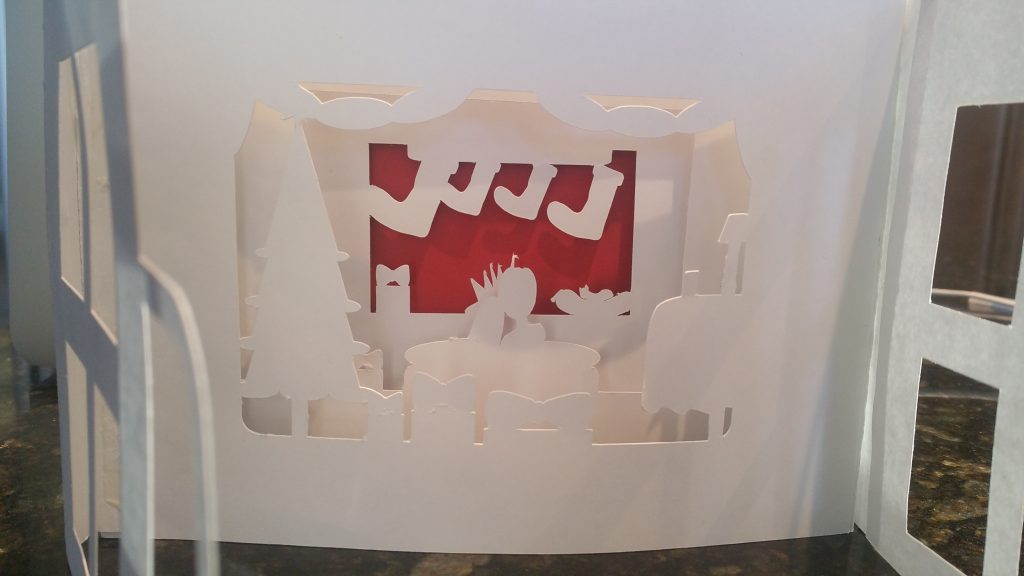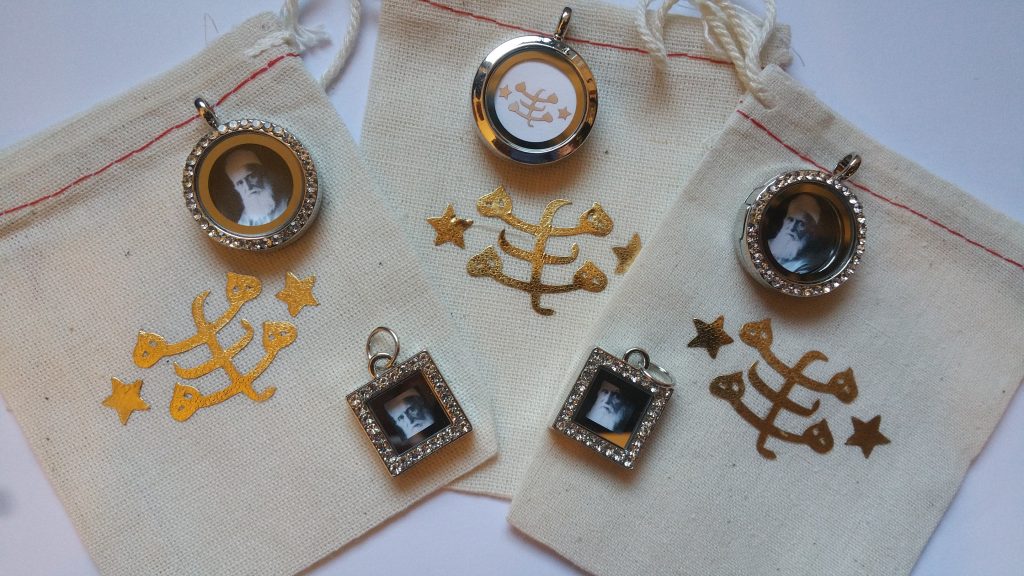
CHANNELING OUR KNOWLEDGE INTO SERVICE
SET 3
GRADE 2 LESSON 8
WELCOME
PRAYER
O my Lord! Make Thy beauty to be my food, and Thy presence my drink, and Thy pleasure my hope, and praise of Thee my action, and remembrance of Thee my companion, and the power of Thy sovereignty my succorer, and Thy habitation my home, and my dwelling-place the seat Thou hast sanctified from the limitations
Bahá’u’lláh
imposed upon them who are shut out as by a veil from Thee. Thou art, verily, the Almighty, the All-Glorious, the Most Powerful.
QUOTE
Exert every effort to acquire the various branches of knowledge and true understanding. Strain every nerve to achieve both material and spiritual accomplishments.
Abdu’l-Bahá, in Bahá’í Education
Knowledge is essential for human progress. In order to build a better world, we must gain knowledge of the sciences and the arts. By applying what we learn, we are able to improve the quality of the food we grow, make advances in medicine that help us live healthier lives, discover ways to communicate with people in far-off places, and create
things that beautify the world.
‘Abdu’l-Bahá encourages learning about the sciences and arts, as well as acquiring spiritual knowledge that comes from the teachings of God. These teachings give us a deeper understanding of the world around us and inspire us to use our knowledge for the benefit of others, to remove conflict, and to promote cooperation and harmony.
Once, while speaking with a teacher from England, ‘Abdu’l-Bahá asked what subjects he taught in school. The gentleman told Him that he taught Latin, English, Algebra, and Geometry. ‘Abdu’l-Bahá then asked him if he also addressed spiritual matters in his classes. The gentleman replied that there was no time for spiritual education in school.
‘Abdu’l-Bahá made no comment, but He did not need to! From His question and His silence, the gentleman understood that both material and spiritual education are necessary for human advancement. Aware that most schools did not provide spiritual instruction, ‘Abdu’l-Bahá encouraged Bahá’í communities to establish regular classes for this
purpose. To help us remember how acquiring knowledge can help us contribute to the betterment of the world, let us memorize the following quotation:
MEANING OF WORDS
- Exert every effort
- Understanding
- Strain every nerve
- Accomplishments
Collis and his family lived in the countryside. He was tired from tending the crops but worked hard to finish the day’s work. He exerted every effort to finish the work before the end of the day.
The teacher spent many hours working with students to make sure they know their lessons well. The teacher exerted every effort to help her students.
Amelia read the lesson twice. However, only after her sister explained the lesson to her did she gain the necessary understanding.
Arnold’s mother always spoke to him about the importance of unity, but his understanding grew as he made friends with children of many different backgrounds and experienced unity firsthand.
To climb to the top of the mountain required all of Franco’s strength. He had to strain every nerve to reach the top.
The jar was closed very tightly, and though Zayn strained every nerve, he as unable to open it.
The old man never talked about his past, even though he had done much during his life. He was a humble man and never spoke about his accomplishments.
The discovery of fire was one of humanity’s earliest accomplishments.
SONG
STORY
Download The Story As a Drama Script
Comic Book Template
Record information about Susan Moody
Story Of Susan Moody
Susan Moody lived in Chicago in the United States in the early 1900s, about one hundred years ago. At that time, it was rare for women to be doctors, but, at the age of 52, Susan was inspired to study medicine. She soon completed medical school and started to work as a doctor. Around the same time, she was introduced to the Bahá’í Faith and became
an active member of the Bahá’í community, teaching children’s classes, like the one we are having today, and hosting visitors and gatherings in her home. Now, in Iran, there was a team of doctors who were planning to establish a hospital in the capital city, Ṭihrán. Perhaps you know that, because of the religious traditions there, many women considered it improper for them to show their faces to a male doctor, and female doctors in the country were very few. So this team of doctors made an appeal for a
female doctor from the United States to join them, and ‘Abdu’l-Bahá encouraged Susan Moody to go. Not surprisingly, her family and friends objected to the idea of her leaving her medical practice in the United States to help people in a far-off land, where she might have to deal with unfamiliar diseases and difficult problems. But Susan was ready to respond to ‘Abdu’l-Bahá’s call. Now she realized why she had so strongly felt the desire to study medicine several years earlier. Almost sixty years old, she set off at once.
Of course, in those days, it took a long time to travel from one part of the world to another, and Iran was very far away from the United States. On her way to Iran, Dr. Moody was able to stay for a few days in the Holy Land, where she had the privilege of spending time in the presence of ‘Abdu’l-Bahá. He told her that she would need patience once she arrived in her new home but assured her that He would often pray for her and would always be with her. She then started out on the final part of her journey, sailing by boat across the Caspian Sea and arriving in a city in Northeastern Iran called
Bandar-e Anzali. From there she traveled by horse and carriage across mountains to the capital, Ṭihrán, stopping along the way to meet with the Bahá’í friends and to treat people who were ill. Already Susan began to see how pressing was the need for a female doctor, such as herself, for many women came to her for assistance.
When Dr. Moody finally arrived in Ṭihrán, she immediately began caring for the sick,
and soon became fluent in the Persian language. She established a medical practice in her home, in addition to working at the hospital. She was compassionate, kind, and tender-hearted, and everyone loved her very dearly. A local newspaper praised “her good qualities and kind attributes” and went on to say: Every day from morning till noon she is in her office, No. 10 Avenue Aladauleh, receiving her patients for consultation, examination and treatment, excepting Friday and Sunday afternoons, when she goes to the Hospital Sehat…. We give the utmost thanks and gratitude to such a noble woman, to such a respected
person, whose presence here is a great privilege to the country of Persia…
Not long after establishing a medical practice, Dr. Moody saw a need to help others learn about health issues and began to provide instruction to women in nursing and childbirth. Eventually, she also joined hands with others to set up a formal school called the Tarbíyat School for Girls. The school offered education to numerous young women, many of whom went on to become teachers themselves, making it possible to establish other schools for girls throughout the country. The Tarbíyat School for Girls became
highly respected and was attended by young ladies from all backgrounds, until it was forced to close down by the government because of enmity and suspicion. That, however, is another story, and someday you may want to learn more about this remarkable school.
But today you should know that Dr. Susan Moody died in Iran at the age of 83, after
having spent some twenty years of her life applying the knowledge she gained to better her new homeland and helping others, especially women, to have the opportunity to do
the same.
DRAMA
The activities that follow will help the children continue developing the skills and abilities of creative drama. Ask your students to stand in their imaginary squares. As you did in the previous lesson, have the children stand about 5 feet apart and imagine that they are in their own squares. Ask them to walk along the border of his/her imaginary square.
Ask children to: raise up their arms and stretch from the tips of your toes to the tips of their fingers, reaching towards the sky. Now relax and let your arms and head hang freely. Repeat this several times.
Next have the children sit in a circle, yourself among them. Pick up a small item, such as a twig or a pen or pencil, and say, “I could use this, pretending it is a comb.” Then pretend to comb your hair with it. Then pass the item to the child sitting next to you and ask the child what he or she could use it for. Following your example, the child should reply and demonstrate how else the item could be used. He or she might say, for example: “I could use this, pretending it is a harmonica,” or “I could use this, pretending it is a fishing pole”. The item should then be passed to the next child in a similar manner and each child needs to come up with something new, using their creativity, until everyone in the circle has had a turn.
(This next activity is to help reinforce the idea that knowledge is central to the advancements of civilization and the betterment of the world.)
Today, we are going to use DRAMA and ACT OUT different characters from the story you heard about Dr. Susan Moody. Remember how she went to Iran to help women who would otherwise not have received medical attention? What spiritual qualities did Susan Moody have to show in order to be of service to the many women in Iran? Assign each character in the story to one child (or a small group of children), remembering that no one should ever assume the Figure of Abdu’l-Baha in a reenactment. You will each describe Susan Moody from the point of view of a different character.
(If necessary, more than one child can act out each character, or you may wish to come up with other characters with whom Susan Moody may have come into contact. The characters may include:
- A member of Susan Moody’s family who did not want her to go to Iran but who understood why she decided to move there.
- A fellow male doctor working in Iran who knew how much women needed help and who was glad Susan Moody was there to care for them.
- A woman who became a patient of Susan Moody
- A young girl who attended the Tarbiyat School for Girls and later became a doctor.
CRAFTS
BRAINSTORM SOME SERVICE PROJECTS
So many service projects to choose from: give to the food bank, plant trees, put care packages together for the homeless, visit the elderly, and make cards for the sick.
REVIEW QUOTE
Review the quotation from today’s lesson, and then remind the children of the qualities of trustworthiness and radiance and the quotations they memorized in Grade 1:
Be thou ever hopeful, for the bounties of God never cease to flow upon man
Selections from the Writings of ‘Abdu’l-Bahá, Tablets of Baha’u’llah
Be thou happy and well pleased and arise to offer thanks to God, in order that thanksgiving may conduce to the increase of bounty
Tablets of Abdul-Baha Abbas, vol. 2




